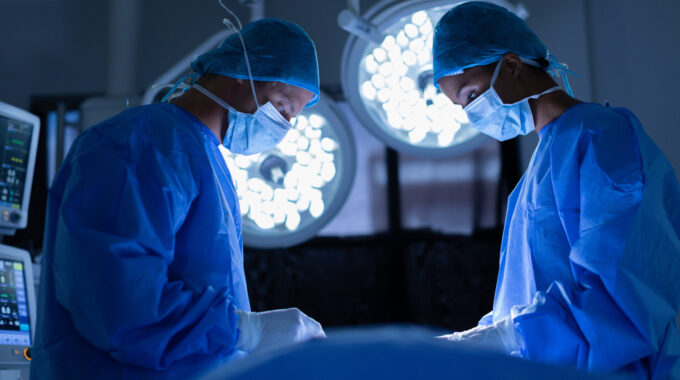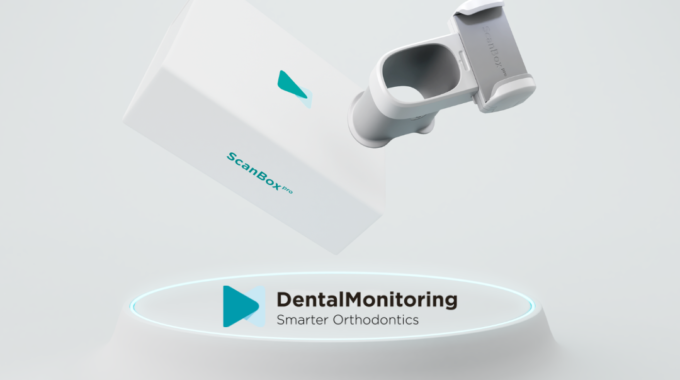When you think about braces, you probably picture straightening teeth and fixing bites, right? But…

Orthodontics and jaw surgery
Most orthodontic treatment deals with correcting the position of teeth to provide a beautiful smile. However, sometimes the upper and lower jaws are misaligned, and braces alone are not sufficient to resolve the issue… a combination of braces and jaw surgery is needed so that the teeth and lips can meet properly.
For some, jaw surgery may be undertaken to improve the jawline or correct a facial asymmetry. For others, it may be medically necessary to improve the functioning of their jaws.
Some of the problems that can resolved this way are:
- Increased overjet- where the top teeth are prominent
- Reverse overjet- where the lower front teeth are in front of the top teeth
- Crossbite- when the top teeth bite inside the lower teeth
- Open bites- where the teeth do not meet in the vertical plane.
In such cases, the role of braces is to put the upper and lower teeth in their ideal positions so that they fit together once surgery has been carried out.
What you need to know:
- How long will treatment take?
Treatment usually takes 2 ½ to 3 years with braces on for the whole duration and surgery taking place about 2/3 of the way into treatment. After surgery, braces are used to finalise the bite, this can take 6-9 months.
- What surgery will I have?
The type of jaw surgery undertaken will depend on the specific issue with jaw position and patient concerns. The upper jaw (maxilla) or lower jaw (mandible) may be moved, or a combination of both.
- Will there be scars on my face?
All jaw surgery is carried out from inside your mouth so there will not be any visible scars on your face. Occasionally a small cut is made near the corner of the lower jaw, however, this heals up within a week or so.
- How is my jaw fixed in its new position?
The surgeons will move your jaws and secure them in place with small screws and plates.
- Will my jaws be wired together?
Most patients do not need their jaws wired together, instead you will be asked to wear small orthodontic elastics to hold the jaws in their new position while they heal. Therefore, your braces need to stay on when you have the surgery.
- How long will I need to stay in hospital?
Most patient will stay 1 or 2 nights in hospital.
- What should I eat after surgery?
Initially, you will be asked to have soft foods, such as soups and yoghurts, returning to your normal diet over a period of a few weeks. You should avoid hard foods for around 6 weeks while the jaw bones heal.
- How much time will I need off from work/school?
Generally, it is recommended that you take 2-4 weeks off to recover from surgery, but recovery time will vary from person to person. There will be some swelling, this is normally worst around 2 days post-surgery, and discomfort. You will be given medication to help you through this period.
- Will I need retainers?
When your braces are removed, you will require long-term retainers like all orthodontic patients.
Jaw surgery, like any form of surgery, has associated risks. These may include:
- Lip numbness: This is normal immediately after jaw surgery. Usually, the upper lip makes a quick recovery, however, the lower lip recovery can be varied. Most find that, over time, sensation to the lower lip returns, but in a small percentage of patients there can be long-term numbness of this region. Even in such cases, patients will adapt to this as speech, appearance and function of the lip is not affected.
- Infection of the plates: Occasionally the plates under the gum, used to secure the new position of the jaws, become infected. In such cases, arrangements will be made to have these removed. Factors such as smoking in crease the risk of infection, so you should stop prior to having surgery.
- Relapse after surgery: This rarely occurs, and changes are generally not significant enough to require further surgery.
Jaw surgery is major surgery but is done routinely and can significantly improve the quality of someone’s life and their confidence.
If you think you may benefit from jaw surgery, get in touch for a consultation to discuss this further.
You can also check out the British Orthodontic Society website on https://www.bos.org.uk/Your-Jaw-Surgery



